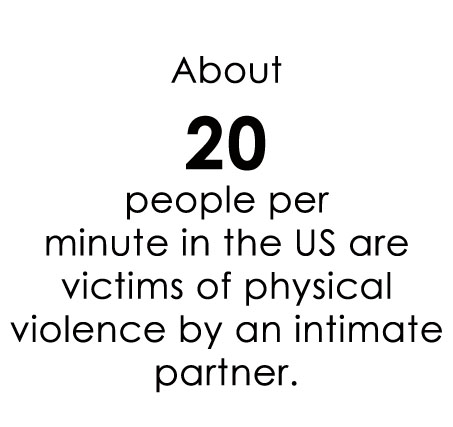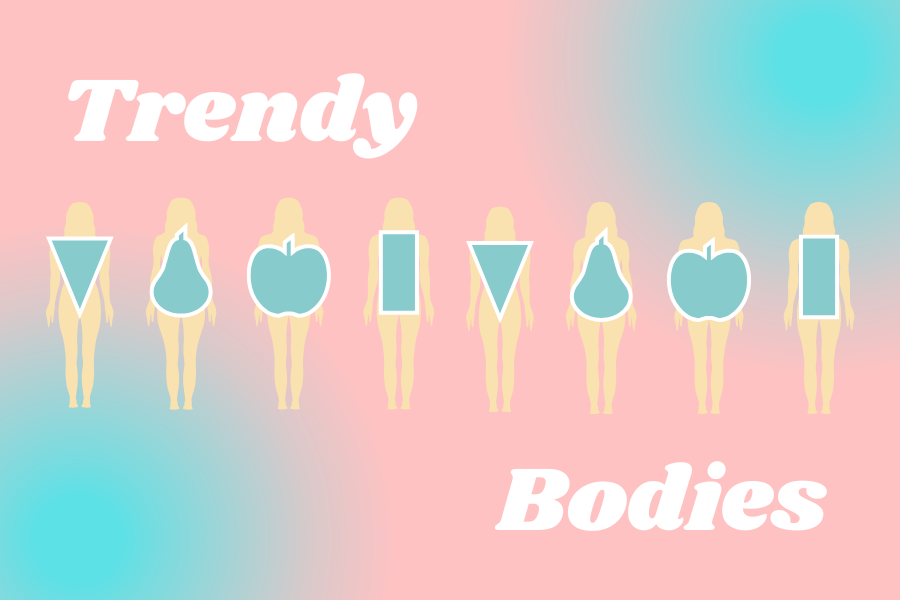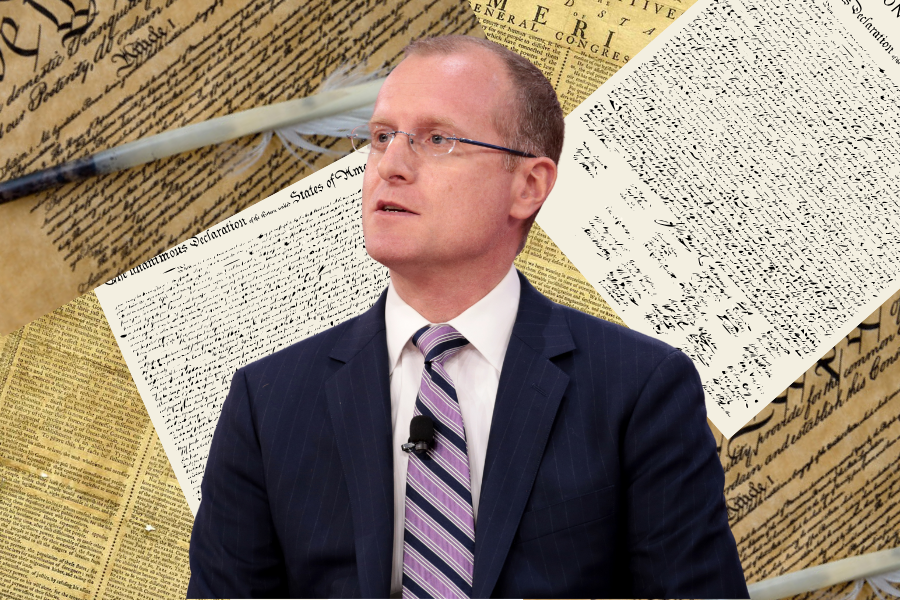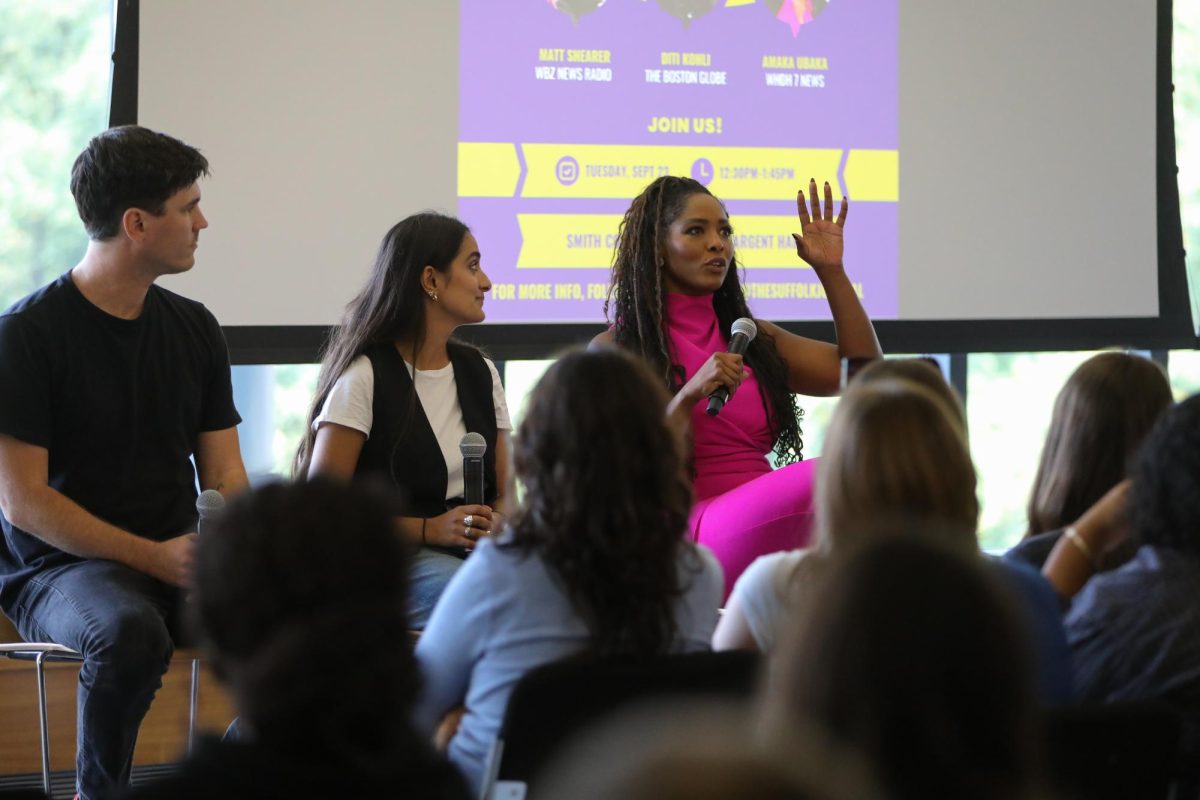By Colleen Day
October presents a month of apple picking, the ever-so-coveted pumpkin spice latte, the changing of leaves, and for me, the opportunity to advocate about a topic quite literally close to home. Each October since 1981, the National Coalition Against Domestic Violence has observed a month-long dedication towards advocacy of, and support to female and children victims of domestic violence.
The foundation’s efforts, coupled with the candidness and transparency of victims, offers a platform in which traumas very difficult to heal can be voiced and validated by those whom have had similar experiences. Events such as their opening ceremony honoring the “Day of Unity,” celebrate the emotional and physical strength of battered women and children while the “Remember My Name,” project increases public awareness of domestic violence deaths and unites those who are grieving to join hand-in-hand against perpetrators. The key point is that accepting that you are a victim of violence, and reaching out for help to move past it, does not and will never mean that you approved of it in the first place.
Domestic violence is not only a physical but an emotional energy that consumes victims and governs their lives to the fullest extent. Life is heavier, darker and lonelier during times of abuse, and your mental efforts to “stick it out” or idealized thoughts that “things will get better” are at constant odds with your physical markings and self-respect. The surprising and controversial notion about domestic violence, in particular those situations in which it has been an ongoing pummeling, is that it is oddly comfortable.
My efforts in this story are to speak to those who have lost their voice, or are in the unfortunate act of losing it currently, and scream that the demons outside the world of abuse show far more clemency than those behind closed doors. When you do not know anything else – in my case, it was in the form of a caretaker who was nothing of the sort – a different way of life is something that may present more demons than the ones at home. Hanging onto intangible thoughts of faith, hope and love, I found it difficult to not only be furiously angry and vindictive back to my abuser, but also to empathize with the emotional struggles and burdens of their everyday life that would elicit such behavior in the first place.
When you love someone and you know you’re strong enough, you consciously push away the thoughts that those intangibles will inevitably fail in the end. But, to flee leaves them to do it to themselves or someone else, and so you stay despite the fact they show no mercy, and as a martyr you reckon with the idea that perhaps this will be your life after all.
I often referenced the quote from self-help book, The Courage to Heal Workbook, by Laura Davis when I reflect on my time of former abuse. “Many survivors insist they’re not courageous: ‘If I were courageous I would have stopped the abuse.’ ‘If I were courageous, I wouldn’t be scared’ … Most of us have it mixed up. You don’t start with courage and then face fear. You become courageous because you face your fear.”
In my own experiences, I’ve learned that there are certain topics and programs in which people tread very lightly around. The unnerving nature of this idea that someone you live with, even love, is capable of violating you so brutally, sexually, emotionally and physically is one that not only elicits shame and despair for victims but also a sense of helplessness and longing of naivety from any bystander to intervene.
We are all products of our past, our upbringing, and our own emotional vulnerabilities so why is it that victims cannot recognize the path a relationship is headed towards before it is too late? I’ve swirled this idea around my tongue for years after surviving abuse and just now is my voice finally surfacing.
It was only three days after I left that I first encountered a woman who spoke of relatable experiences. Her forgiving hand reminded me of my strength, perseverance and capacity to love again.
The National Coalition Against Domestic Violence foundation is an incredible and resourceful lifeline that is only as powerful as the victims who participate in it. The foundation offers support for crisis intervention, emotional support, advocacy and legal assistance and housing and safe accommodations to every person who needs it.









